Mar 01, 2018
The U.S. Senate on Wednesday passed a bill criticized by China promoting closer U.S. ties with Taiwan, and the legislation only needs President Donald Trump’s signature to become law.
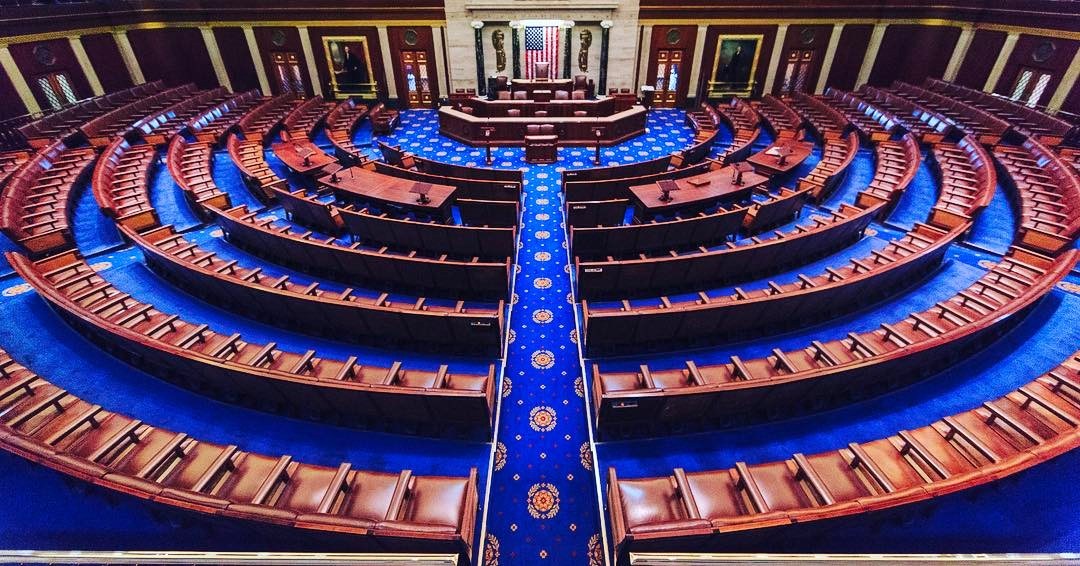
Dennis V. Hickey, James F. Morris Endowed Professor of Political Science, Missouri State University
Jan 29, 2018
On Jan. 9, the U.S. House of Representatives passed the Taiwan Travel Act (H.R. 535) by voice vote. This bill ought to die in the Senate: it is frivolous, unnecessary, and provocative. Here’s why.
Jan 15, 2018
Early this week, the U.S. House of Representatives passed two bills related to Taiwan, drawing a strong denouncement from Beijing.
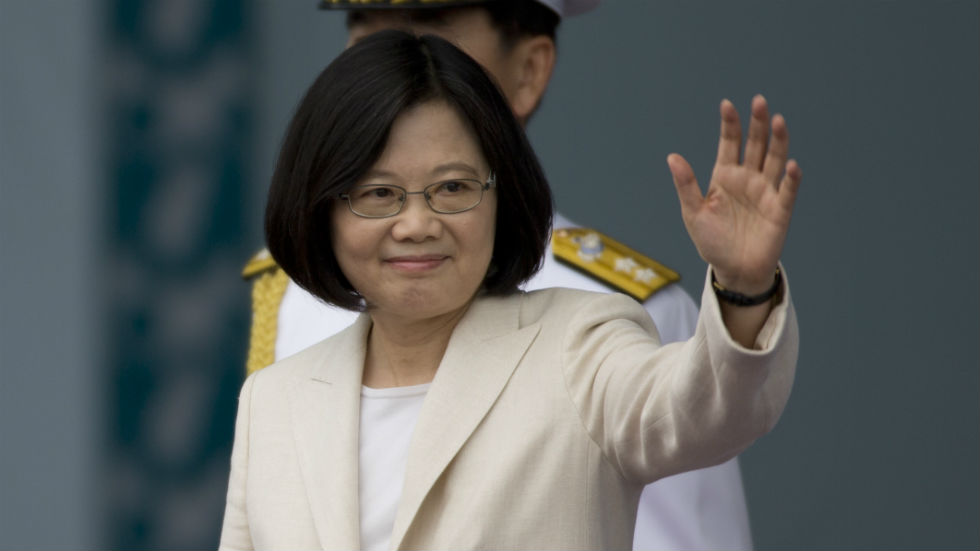
Zhu Songling, Professor, Beijing Union University
Nov 07, 2017
The Taiwan Travel Act will harm both China’s relations with the US and with Taiwan. It may also forfeit the possibility of peaceful reunification.
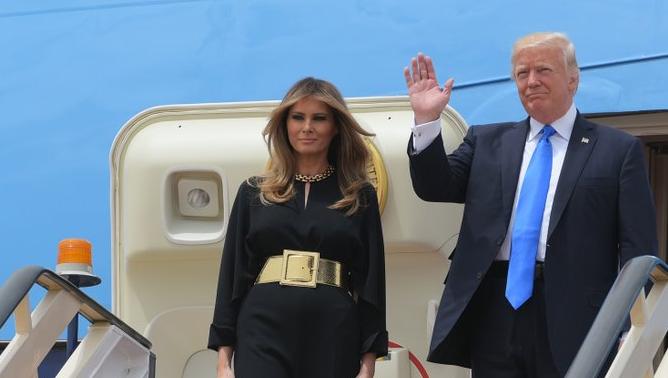
Zhao Weibin, Researcher, PLA Academy of Military Science
Nov 02, 2017
Here’s what China and the US should do to move their relationship forward.
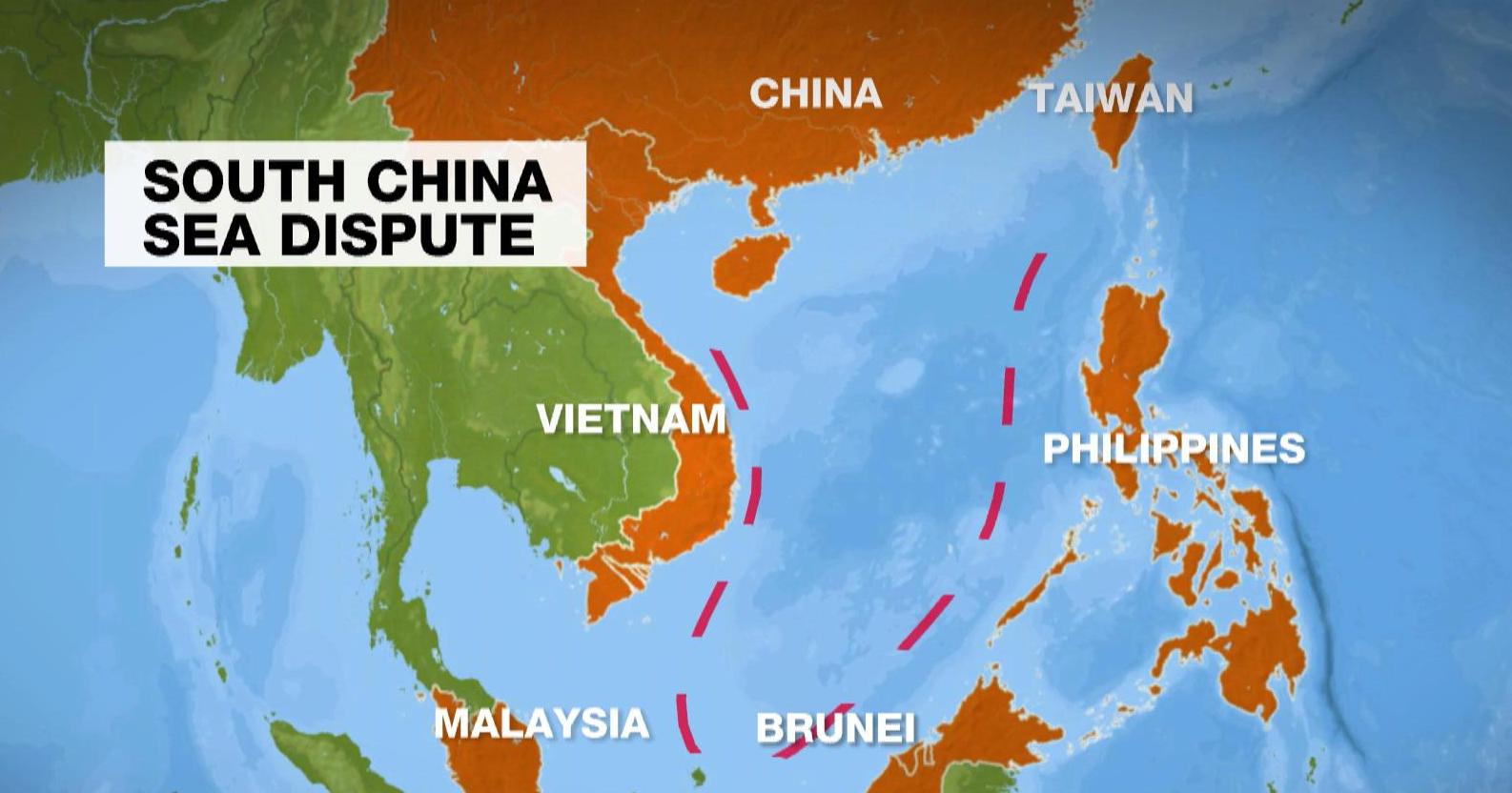
Xue Li, Senior Fellow, Chinese Academy of Social Sciences
Aug 09, 2017
The United States has revamped its maritime response to Chinese policy in the South China Sea, conducting its first Freedom of Navigation Operation (FONOP) since President Trump took office. While China cannot allow this action to go unchecked, it should consider its larger global and regional power objectives before determining its response.

Ma Shikun, Senior Journalist, the People’s Daily
Aug 03, 2017
The U.S. House of Representative passed the National Defense Authorization Act (NDAA), a provision that allows for mutual stationing by military vessels between the United States and Taiwan. The President should veto the Act in the interest of smoothing the development of China-U.S. relations along with his own foreign policy agenda.
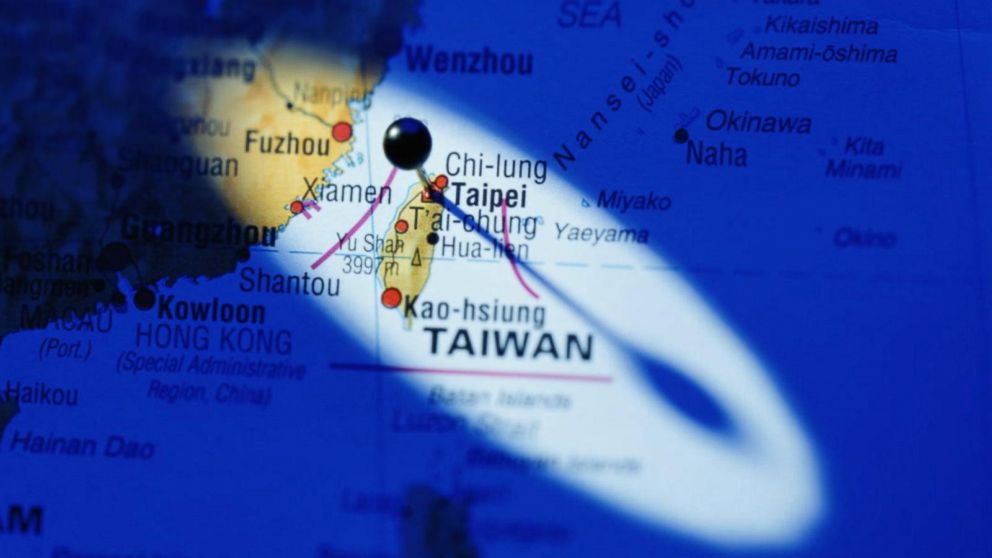
Ted Galen Carpenter, Senior Fellow, Randolph Bourne Institute
Aug 02, 2017
The worsening relations between the mainland and Taiwan place the United States in an awkward and potentially dangerous position. Washington should retain the right to sell weapons to Taipei so the Taiwanese can deter an attack from the mainland, or if deterrence fails, have a decent chance of repelling such an attack. Conversely, the United States must make it clear to the Taiwanese leadership that, fond as we might be of democratic Taiwan, America will not risk war with China to protect the island and preserve its de facto independence.
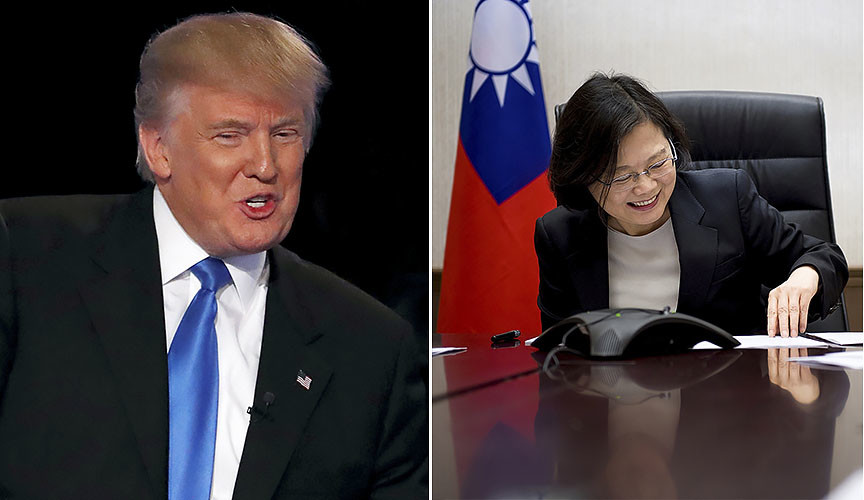
Tao Wenzhao, Honorary Member of the Chinese Academy of Social Sciences; Fellow, CASS Institute of American Studies
Jul 28, 2017
While issues in bilateral economic relations and trade are negotiable, the one-China policy is not. The Trump administration should carefully sum up the lessons of previous administrations on the Taiwan question and minimize its impact on overall China-US relations so that steady progress can be made, especially in economic relations and trade, which bring tangible benefits to both sides.
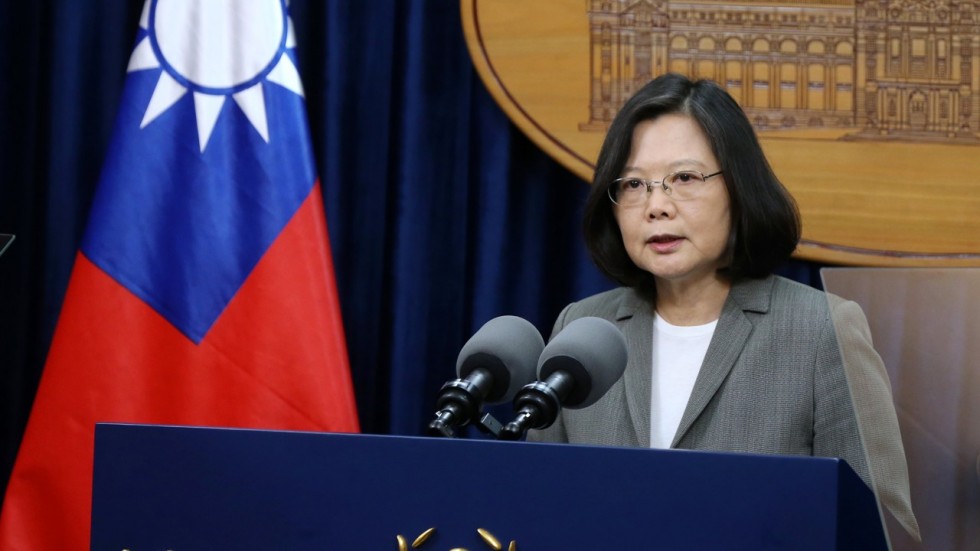
Wu Zurong, Research Fellow, China Foundation for Int'l Studies
Jun 28, 2017
Despite US remarks that have energized supporters of Taiwan “independence”, the US is in no position to abandon the one-China policy and has no real plan to do so. For the sake of the healthy development of Sino-US relations, the US should stop all its official contacts and exchanges with Taiwan, reducing its arms sales to Taiwan, and move toward a final resolution of this lingering sore spot.
Back to Top

- China-US Focus builds trust and understanding between the U.S. and China through open dialogue among thought leaders.
- Our Offerings
- Topics
- Videos
- Podcasts
- Columnists
- Research Reports
- Focus Digest
- Stay Connected
-
Thanks for signing up!
- Get the latest stories from China-US Focus weekly.